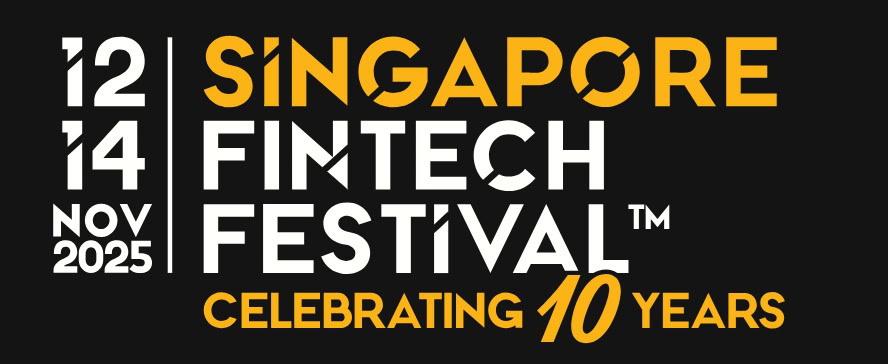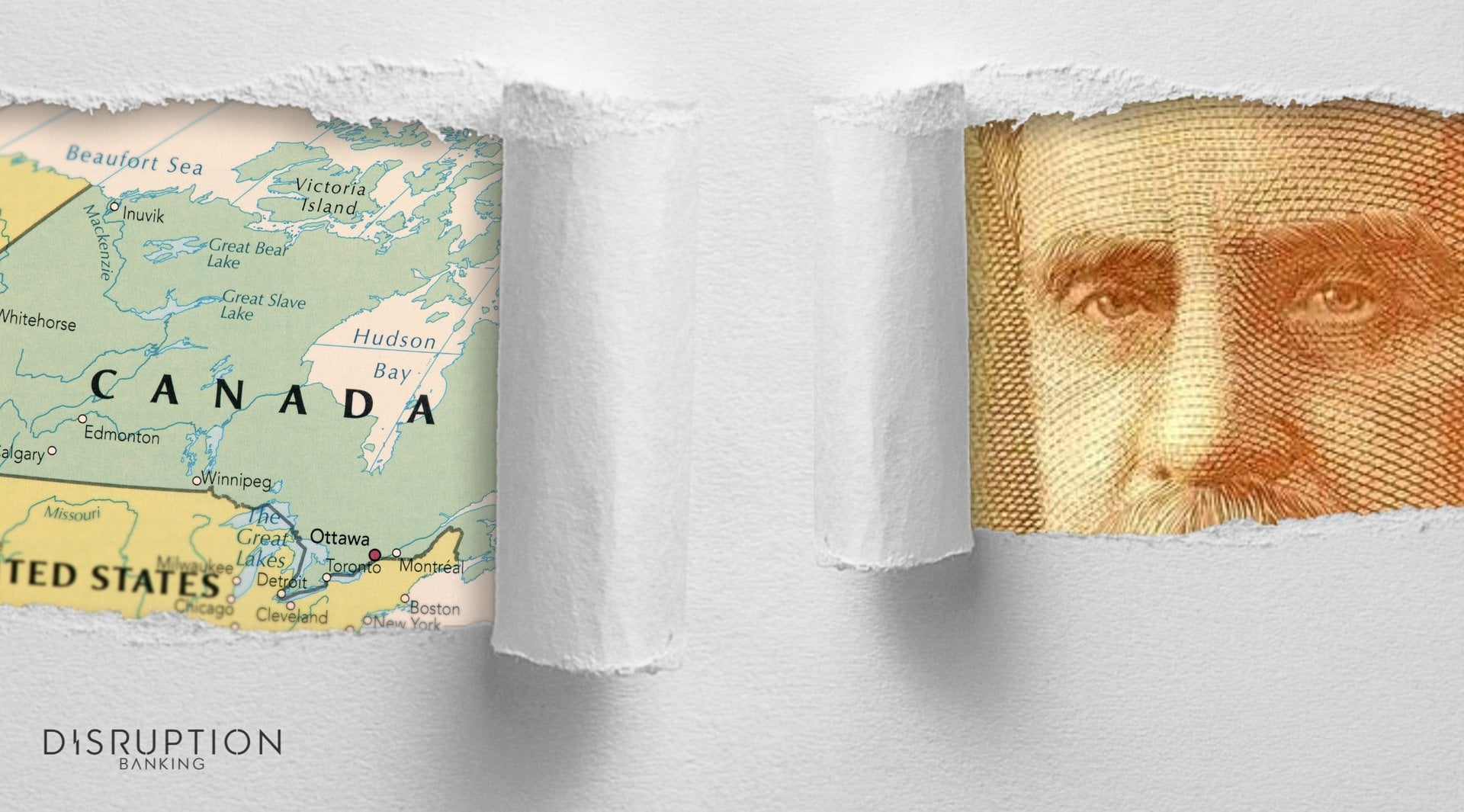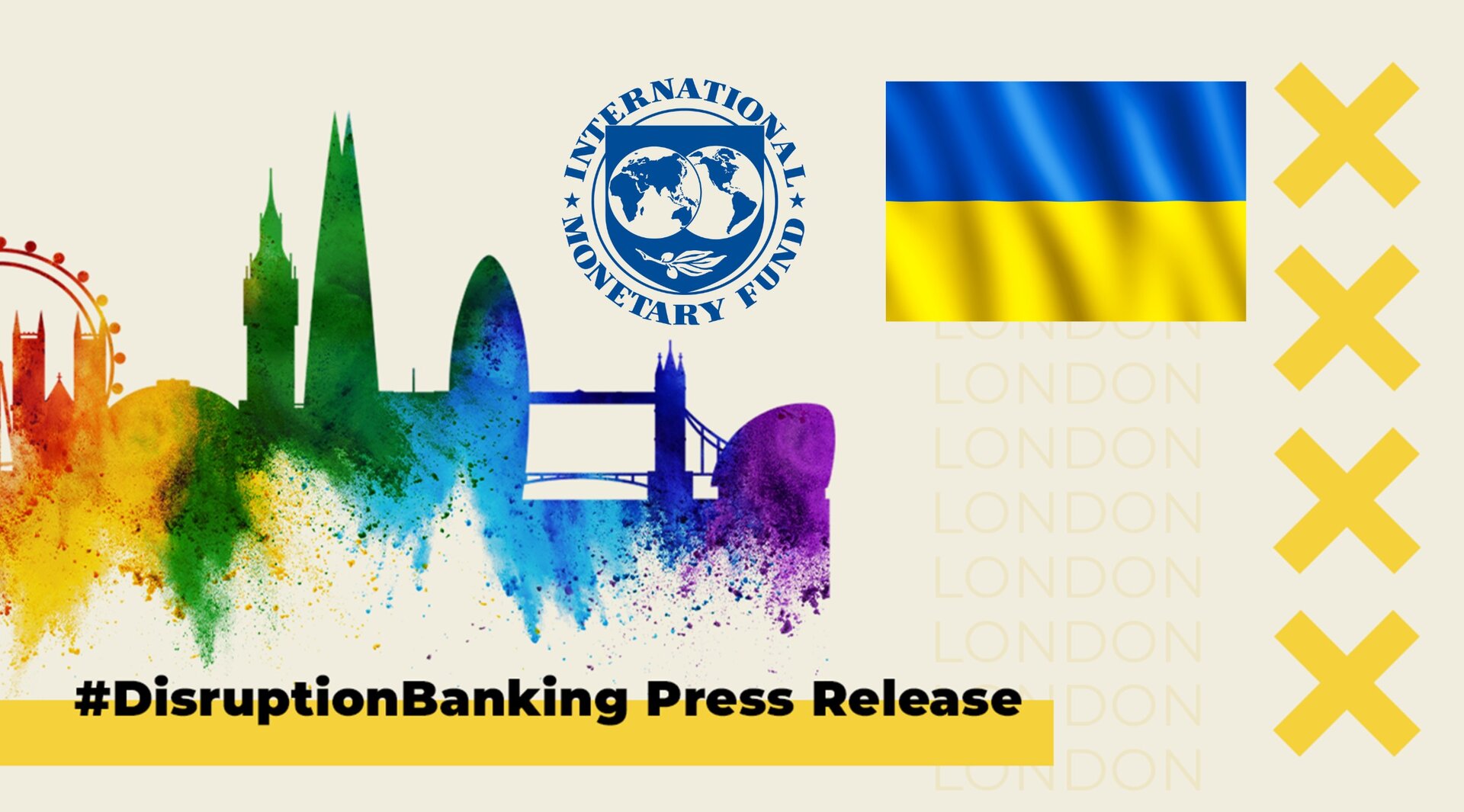This year the world’s largest Fintech festival celebrates 10 years of uniting policy, finance and tech. It all started with a spark in 2016. By 2018 the world was starting to take notice. This year’s Singapore Fintech Festival or SFF will be the biggest and best yet. More importantly, it continues its role of shaping Fintech’s future.
“You are re-inventing the history of money,” Christine Lagarde, then Managing Director of the IMF shared at SFF in 2018. “In the world of fintech we need to harness change, so it is fair, it is safe, it is efficient, it is dynamic, and it is inclusive.”
Building Sustainability in Fintech
In 2019, SFF highlighted the newly established BIS Innovation Hub in Singapore, fostering fintech solutions for ESG and beyond. Greta Thunberg’s 2018 COP24 speech in Katowice boosted global ESG momentum, setting the stage for SFF 2019’s focus on green bonds and sustainable fintech.
Topics such as green bonds, blockchain for ESG transparency and a Hackcelerator event to drive sustainable innovation became part of the focus of the SFF.
The COVID-19 Pandemic in 2020 was the next big challenge for the organizers of the festival. It was the first time the event took place online. It was also the first time that DisruptionBanking appeared as a media partner to the festival.
The President of the Singapore Fintech Association in 2020, Chia Hock Lai, shared with DisruptionBanking how the organizers of the festival had helped to grow an ecosystem. An ecosystem that included over 1,000 fintech firms employing 10,000 workers. Where over 40 innovation labs were running. And, importantly, an ecosystem where more than 150 venture capital firms helped to enhance the image of Singapore as a Fintech hub.
How a 55 Year Old Country Built the Biggest FinTech Festival in the World
The Rise of Web3
In 2021 one of the initiatives that the festival nurtured was the rise of central banking digital currencies or CBDCs. There were 300 submissions from companies located in over 50 countries all seeking the same outcome. How to identify and develop retail CBDC solutions.
2021 was also the year that JP Morgan showcased Onyx’s Web3 advancements in corporate banking, Imar Farooq of JP Morgan shared some of the groundbreaking initiatives taking place at the leading bank during the festival.
Onyx, driving digital transformation at JPMorgan | Disruption Banking
Sergey Nazarov, Co-Founder of Chainlink was another of the speakers who continued his rise in prominence during the 2021 festival. His comments about a transparent financial system were well received by attendees.
In 2021 our team interviewed Arthur Cheong, Founding Partner at DeFiance Capital based out of Singapore. He runs one of the first ‘cryptoasset investment funds’ based out of Singapore.
As quickly as the Rise of Web3 built momentum, in 2022 it all came crashing down as the ‘funding winter’ hit startups around the world hard. People were still keen on learning about Web3 and digital assets. However, Brian Armstrong, CEO of Coinbase, offered some hope. Even though Coinbase’s IPO hadn’t met expectations in 2021, he was still bullish about the young and tech-savvy users flocking to the Coinbase exchange in late 2022.
The Rise of AI
AI for Good was just one of the catchphrases used at the 2023 edition of SFF. The festival focused on “Applications of Artificial Intelligence in Financial Services” as the 8th edition of SFF continued to drive global innovation.
In 2022 venture capital investment into Generative AI had already reached $2.6 billion. It was just getting started.
At the most recent SFF Artificial Intelligence wasn’t the only disrupt technology being discussed. Quantum computing had finally made its mark. Both AI and Quantum Technology were spotlighted at SFF 2024.
What Can You Expect at the Tenth Edition of SFF in 2025?
The organizers behind SFF believe that the next decade will be shaped by AI. Tokenization, and Quantum Computing. At this year’s SFF speakers will help unpack how these disruptive technologies’ secure, interoperable, and inclusive deployment will drive new liquidity, build a more connected global economy, and unlock new growth corridors.
This year’s SFF will address unresolved challenges. Despite progress, critical challenges remain – the USD $5.2 trillion SME finance gap, 1.4 billion unbanked, and ageing populations. SFF will address issues like transparency, data privacy, cybercrime, and sustainability, framing opportunities for collaboration that will foster more resilient, inclusive, and secure financial ecosystems.
Find out more and get your ticket here.
Author: Andy Samu
#SFF2025 #GFTN #Singapore #Quantum #ArtificialIntelligence #Tokenization

















